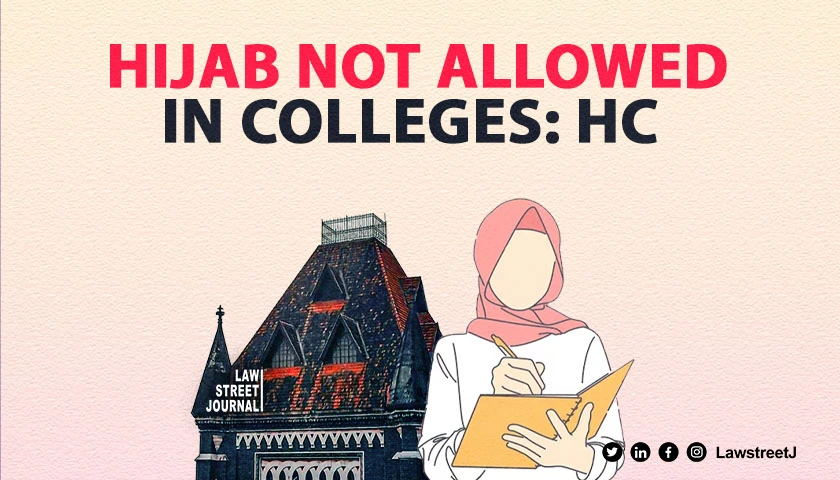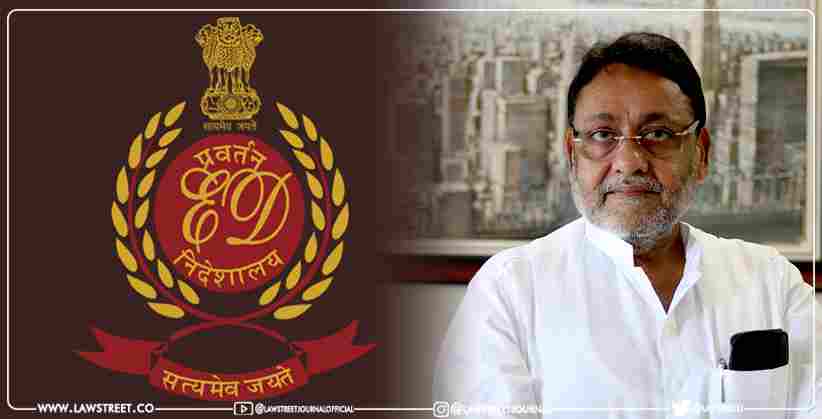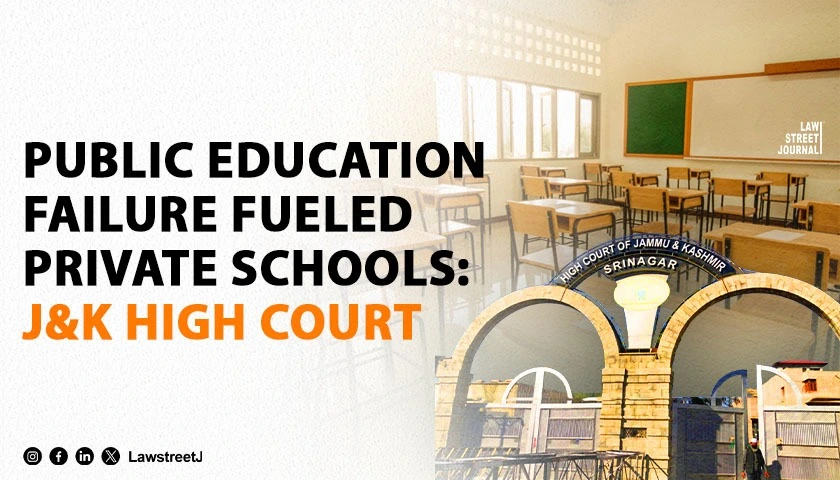Maharashtra: The Bombay High Court has delivered a significant order dismissing a writ petition filed by nine students challenging the dress code instructions issued by their college, which prohibited wearing hijab and niqab on campus.
In an order passed on June 26, 2024, a Division Bench comprising Justices A.S. Chandurkar and Rajesh S. Patil upheld the colleges right to prescribe a dress code and rejected the students claims that it violated their constitutional rights under Articles 19(1)(a) and 25 of the Constitution of India.
The court noted that the petitioners, nine female students pursuing undergraduate courses at Chembur Trombay Education Societys N.G. Acharya and D.K. Marathe College of Art, Science, and Commerce, had challenged the colleges dress code instructions that prohibited wearing hijab and niqab on campus.
Also Watch: Lawstreet Journal Report
Furthermore, the court observed that the dress code applies equally to all students and aims to prevent the disclosure of religion through dress. The court held that The object behind issuing the same is that the dress of a student should not reveal his/her religion, which is a step towards ensuring that the students focus on gaining knowledge and education, which is in their larger interest. The instructions have been issued by the College Administration in exercise of its right to administer the educational institution under Article 19(1)(g) and Article 26 of the Constitution of India.
The court further observed that the petitioners had argued that the dress code violates their right to freedom of expression and right to practice their religion. They contended that donning a hijab or niqab is an essential religious practice of Islam. However, the court found that the pleadings and evidence provided were insufficient to support this claim.
The petitioners assertion relied primarily on English translations of Kanz-ul-Iman and Sunan Abu Dawud, but the court deemed this inadequate to establish the wearing of hijab and niqab as an essential religious practice. Consequently, the court rejected this aspect of the petitioners argument.
Expressing its view on the balance between individual rights and institutional rights, the court stated, We do not find as to how the prescription of the dress code by the College offends the provisions of Article 19(1)(a) and Article 25 of the Constitution of India. The object behind prescribing the dress code is evident from the instructions since they state that the intention is that a students religion ought not to be revealed. It is in the larger academic interest of the students as well as for the administration and discipline of the College that this object is achieved.
Referring to previous judgments on similar issues, including the Karnataka High Courts decision in the Resham case, the court held that the prescription of such a dress code was not violative of any constitutional rights of students professing the Islamic faith.
Additionally, the court also noted the petitioners actions before the cases admission for hearing. Specifically, it observed that the petitioners had sought publicity for their case prematurely, which raised questions about the bona fides of the petitioners. However, considering that the petitioners were students, the court chose not to comment further on this matter.
In conclusion, the court found no constitutional infirmity in the colleges dress code instructions and hence dismissed the writ petition.




![Husband Can Also Claim Alimony/Maintenance From Wife: Bombay High Court Orders Woman To Pay Alimony To Ex-Husband [Read Order]](/secure/uploads/2022/04/lj_2823_Divorce.jpg)






